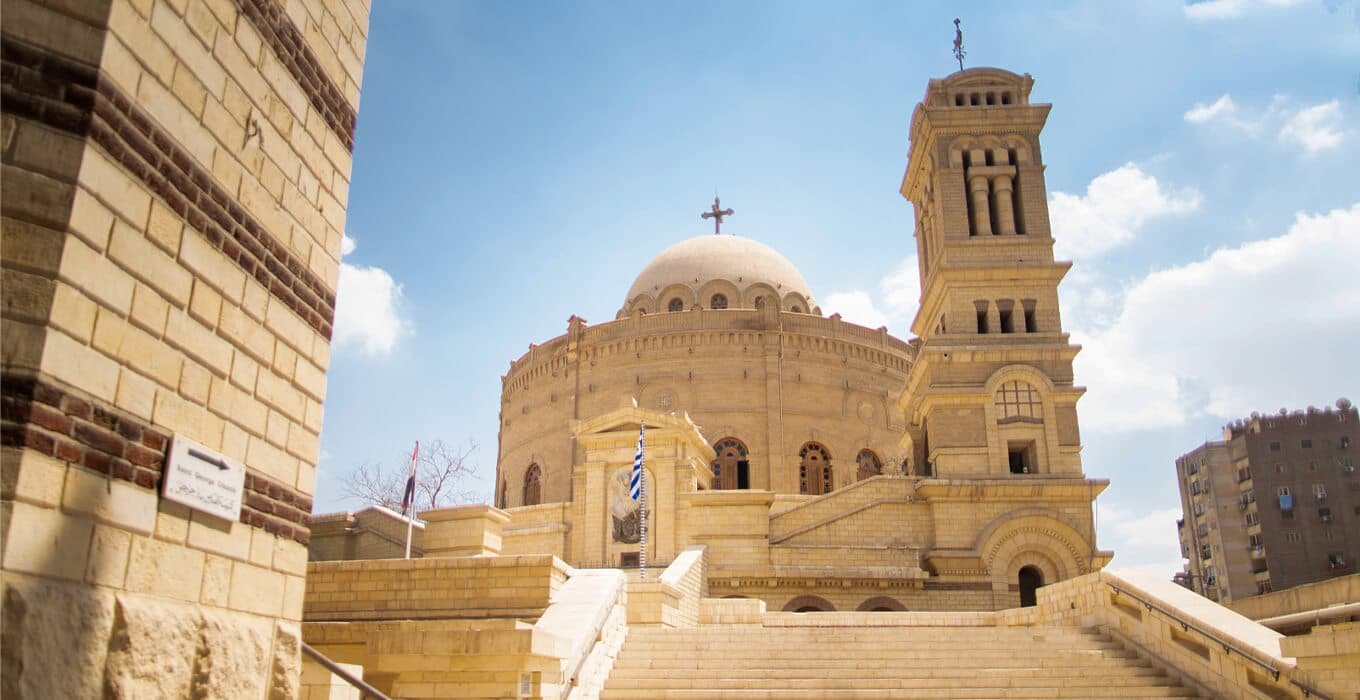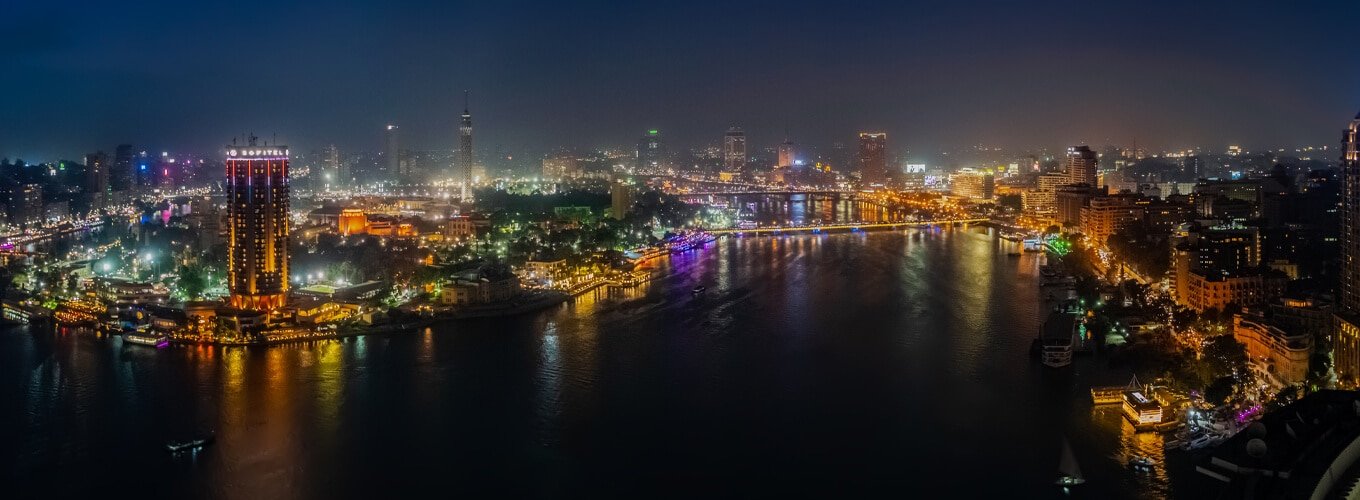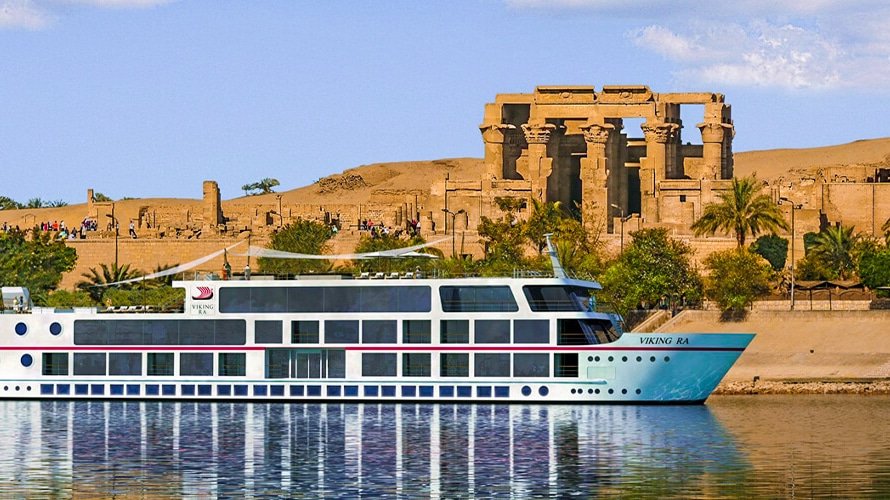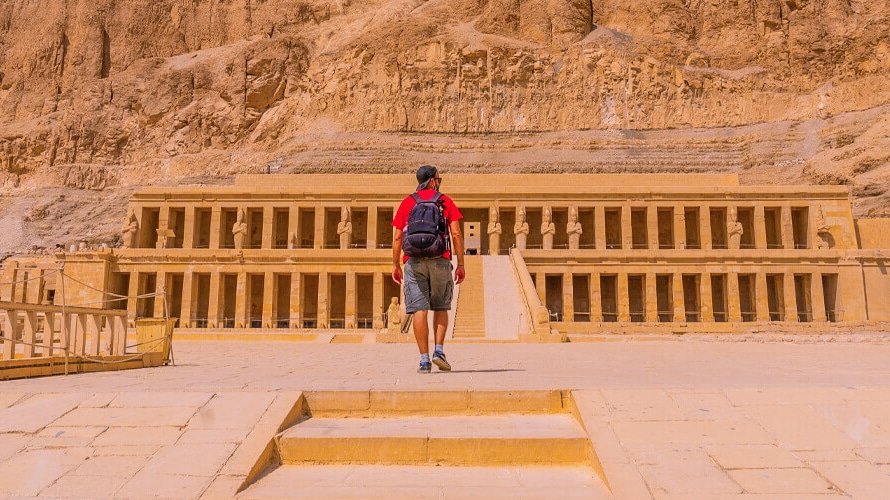Egypt, a land etched in the sands of time, boasts a culture as captivating and multi-layered as its storied history. From the towering pyramids of Giza to the bustling souks of Cairo, Egypt’s cultural identity is a vibrant tapestry woven with threads of ancient tradition, religious influence, and a welcoming, contemporary spirit.
What is the culture of Egypt? It’s the rhythmic call to prayer echoing through the streets at dawn. It’s the sweet aroma of shisha intermingling with the scent of spices in a lively marketplace. It’s the unwavering strength of family bonds and the warmth of hospitality extended to strangers.
This blog post aims to illuminate the diverse facets that shape Egyptian culture. We’ll journey from the profound impact of religion to the lively customs of daily life, uncovering the flavors, expressions, and values that define this extraordinary nation. Get ready to discover a culture where the past and present exist in beautiful harmony.
Religion: A Cornerstone of Egyptian Culture
Religion plays an integral role in shaping Egyptian society, influencing everything from daily routines to social values. Let’s dive into the primary faiths that form the spiritual fabric of this nation:
- Islamic Cairo: Islam is the dominant religion in Egypt, with the majority of the population identifying as Sunni Muslim. The introduction of Islam to Egypt dates back to the 7th century, and its presence has profoundly shaped the country’s architecture, art, and social customs. The Islamic faith is woven into the rhythm of daily life, with the call to prayer heard five times a day. Values like charity, modesty, and respect for elders are deeply intertwined with Islamic teachings.
- Coptic Christianity (Coptic Cairo): Egypt holds a special place in Christian history as the Coptic Orthodox Church, one of the oldest Christian communities, traces its roots back to the 1st century AD. While a minority, Coptic Christians represent a significant and influential group within Egypt. The Coptic Church is known for its rich liturgical traditions, unique art forms, and its emphasis on monastic life.
- Ancient Egyptian Religion: While the polytheistic beliefs of ancient Egypt are no longer widely practiced, their legacy lingers in contemporary symbolism and cultural understanding. Iconic deities like Osiris, Isis, and Horus continue to resonate within Egyptian art and literature. The concepts of the afterlife, respect for ancestors, and the enduring power of myth have left a lasting imprint on the nation’s consciousness.

amily, Hospitality, and Social Customs
In Egypt, the bonds of family and the warmth of hospitality lie at the heart of the social experience. Let’s explore some key aspects:
The Importance of Family The family unit is the cornerstone of Egyptian society. There’s a strong emphasis on close-knit relationships, with extended families often living together or in close proximity. Traditional family roles tend to exist, with men seen as providers and women often managing the household. Respect for elders is deeply ingrained, with decision-making frequently involving their guidance and wisdom.
Egyptian Hospitality Egyptians are renowned for their extraordinary hospitality. Guests, whether friends, family, or even strangers, are warmly welcomed and often treated to an abundance of food and drink. It’s customary to offer refreshments like tea or coffee, and a meal may be shared even if unexpected. Refusing hospitality can sometimes be seen as impolite, so graciously accepting a small portion is the best approach.
Social Etiquette Greetings in Egypt are typically warm and friendly, often involving handshakes and sometimes a kiss on both cheeks (between those of the same gender). Modest attire is advisable, especially when in more conservative areas or visiting religious sites. Egyptians may utilize indirect communication, with politeness and saving face being valued. It’s helpful to be aware of body language cues and avoid overly direct or confrontational discussions.
The Flavors of Egypt: Food and Cuisine
Egyptian cuisine is a vibrant symphony of flavors, reflecting the crossroads of Middle Eastern, Mediterranean, and African culinary traditions. From bustling street food stalls to elegant restaurants, the aromas of fragrant spices and fresh ingredients will tempt your taste buds at every turn.
Diverse Influences: Egypt’s geographic location and rich history have shaped its cuisine. You’ll find hints of Turkish, Greek, Lebanese, and even Persian influences in the medley of dishes. Fresh vegetables, legumes, herbs, and warm spices form the backbone of many beloved recipes.
Staple Foods: Let’s explore some of Egypt’s iconic dishes:
- Koshari: A beloved national dish, koshari is a hearty and satisfying mix of rice, lentils, macaroni, chickpeas, and a tangy tomato sauce, often topped with crispy fried onions.
- Molokhia: A vibrant green soup made from jute leaves, molokhia is a rich and slightly slimy stew usually served with chicken or rabbit and enjoyed with rice or bread.
- Ful Medames: A simple yet deeply satisfying dish, ful medames consists of slow-cooked fava beans seasoned with garlic, cumin, and olive oil. It’s a breakfast staple, often served with pita bread.
- Grilled Meats: Egypt is a haven for meat lovers, with kofta (grilled minced meat), shish kebab (marinated meat skewers), and grilled pigeon being popular choices.

Sweets and Drinks:
- Baklava: Layers of phyllo dough, chopped nuts, and honey-sweetened syrup create this decadent pastry enjoyed throughout the Middle East.
- Kunafa: A sweet, cheese-filled pastry with a crispy shredded phyllo topping soaked in syrup.
- Tea and Coffee: Both are integral to Egyptian social life. Black tea (“shai”) is often served sweet and strong, while Arabic coffee is thick, often flavored with cardamom, and typically served in small cups.
Artistic Expression: From Ancient Times to the Present
Egypt’s artistic legacy stretches from the pharaohs to the vibrant contemporary scene. Its creative expression reveals a dynamic blend of ancient heritage and modern influences.
- Architecture and Monuments: Egypt is a treasure trove of architectural wonders. The awe-inspiring pyramids of Giza and the majestic temples of Luxor and Karnak stand as testaments to the ingenuity of ancient Egyptian builders. Islamic architecture flourishes in masterpieces like the Al-Azhar Mosque and the Mosque of Muhammad Ali, showcasing intricate geometric patterns, ornate minarets, and tranquil courtyards. Modern Cairo boasts a blend of contemporary styles, revealing the city’s evolving architectural landscape.
- Literature and Music: Egypt has a rich literary tradition, exemplified by the works of Nobel Prize-winning author Naguib Mahfouz. His novels expertly capture the nuances of Egyptian society and the complexities of human experience. Music is an integral part of Egyptian life, with iconic singers like Umm Kulthum, the “Star of the East,” holding a cherished place in the hearts of Egyptians and Arabs across the region. Her powerful voice and emotive songs continue to resonate deeply.
- Film and Media: Egypt boasts a thriving film industry, often referred to as “Hollywood of the Middle East.” It has a long and influential history, producing popular films and television dramas widely consumed throughout the Arab world. Egyptian media plays a significant role in shaping regional discourse and popular culture.
FAQs on Egyptian Culture
Is Egypt a safe country to travel to?
Egypt is generally a safe country for travelers, especially when taking sensible precautions. Like any destination, staying aware of your surroundings, respecting local customs, and avoiding traveling alone at night are wise practices. Stick to reputable tour operators and hotels, particularly when venturing into more remote areas. Be sure to check with your government’s travel advisories for the most up-to-date safety information.
What is the best time of year to visit Egypt?
The best time to visit Egypt depends on your preferences. The shoulder seasons of spring (March-May) and autumn (September-November) offer pleasant temperatures and fewer crowds. The winter months (December-February) are cooler, making them ideal for exploring. Summers (June-August) can be scorching, especially in southern Egypt. Be mindful of major holidays like Ramadan, where daily schedules and opening hours may change.
What are some must-visit cultural sites in Egypt?
Egypt is overflowing with incredible cultural sites. Here’s a shortlist to get you started:
- The Pyramids of Giza and the Sphinx: Witness the iconic symbols of ancient Egypt.
- Luxor and Karnak Temples: Explore the vast temple complexes dedicated to ancient deities.
- Egyptian Museum in Cairo: A treasure trove of artifacts showcasing Egypt’s rich history.
- Islamic Cairo: Discover the beauty of historic mosques and bustling markets in the old city.
- Khan el-Khalili Bazaar: Immerse yourself in this vibrant marketplace filled with souvenirs, spices, and local crafts.
Do I need to learn Arabic before visiting Egypt?
While knowing some basic Arabic phrases is helpful, it’s not essential. English is widely spoken in tourist areas and major cities. A phrasebook or translation app can be useful for navigating off-the-beaten-path locales.
What are important cultural etiquette tips for travelers to Egypt?
- Dress modestly: Cover knees and shoulders, especially when visiting religious sites.
- Greetings: Handshakes are common, however, men should wait for women to initiate contact.
- Tipping: Known as “baksheesh,” tipping is customary for service workers.
- Bargaining: It’s expected in markets, start at about half the asking price.
- Photography: Always ask permission before photographing people.
Conclusion
From the timeless wonders of the ancient world to the vibrant pulse of its modern cities, Egyptian culture is a captivating tapestry of tradition, faith, and boundless hospitality. The importance of family, the warmth of social interactions, and the celebration of delicious cuisine all contribute to the unique fabric of Egyptian life.
Egypt’s enduring legacy, a testament to human ingenuity and the passage of time, stands alongside its contemporary spirit. It is this dynamic blend of past and present that makes Egypt so deeply fascinating. The Egyptian people, with their welcoming smiles and genuine generosity, will leave a lasting impression on your heart.
If this exploration has ignited your curiosity, delve deeper into the richness of Egyptian history, art, and literature. And if the opportunity arises, don’t hesitate to experience Egypt yourself. Its sights, sounds, and the warmth of its people await, ready to create an unforgettable journey.
Related Article to Read:







